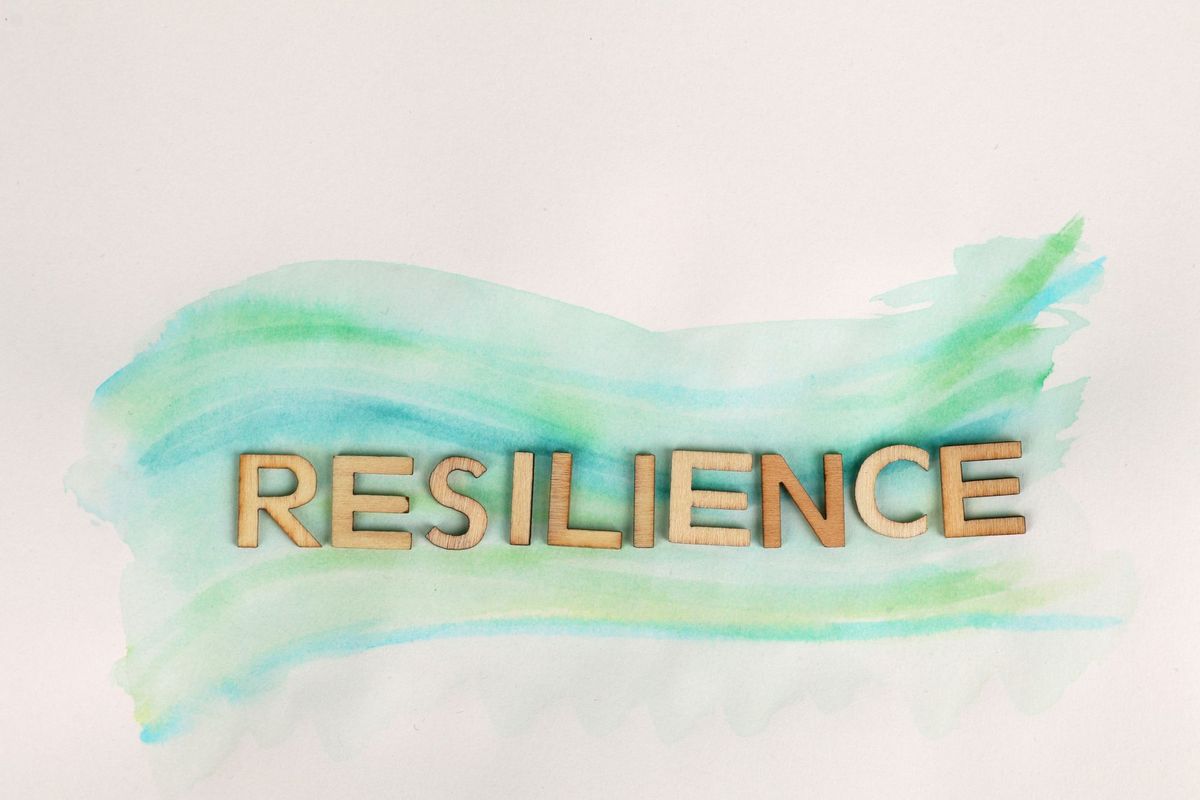How To Build Resilience?
Here are 10 ways to build resilience

Resilience often is used in the context of bouncing back or adapting well in the face of adversity. While some people naturally have a positive outlook and cope with stressful situations, resilience is also a skill that can be learned. Below are 10 ways one could look at to build resilience.
- Nurture yourself: Taking care of yourself by exercising regularly, having a healthy balanced diet, getting enough sleep, avoiding intake of substances and developing a hobby. Taking care of your own needs increases your sense of wellbeing and gives you the strength to face challenges.
- Embrace change: Viewing stress and challenges in life as opportunities to learn and grow.
- Build positive beliefs in your abilities: Consciously building a positive view of yourself and your ability to solve problems. Reminding yourself of your good qualities, strengthens and accomplishments.
- Develop strong relationships: Having caring and supporting people around you who can help you cope with during stressful life events or crisis situations.
- Develop problem-solving skills: Identifying ways that you think might work well for you for developing resilience such as making a list of potential ways you could solve a problem.
- Seek help when in distress: Seeking help from someone whom you trust in times of distress or adversities. Counselling or therapy is also one way of building resilience.
- Be self-aware: Paying more attention to your own feelings and thoughts and the world around you. Maintaining a personal diary or journal can help.
- Set realistic goals: Viewing situations in a realistic way and setting reasonable goals to deal with problems.
- Take steps to solve problems: Taking the necessary steps to resolve a crisis or a problem.
- Find a sense of purpose in life: Having a sense of purpose can help in recovering from adversities, trauma, crisis or tragedy. Working for a cause, becoming involved in your community, cultivating spirituality, participating in activities or anything that brings meaning to your life
This article has been republished with permission from the Mental Health Matters- Wellbeing section of the White Swan Foundation's website.



